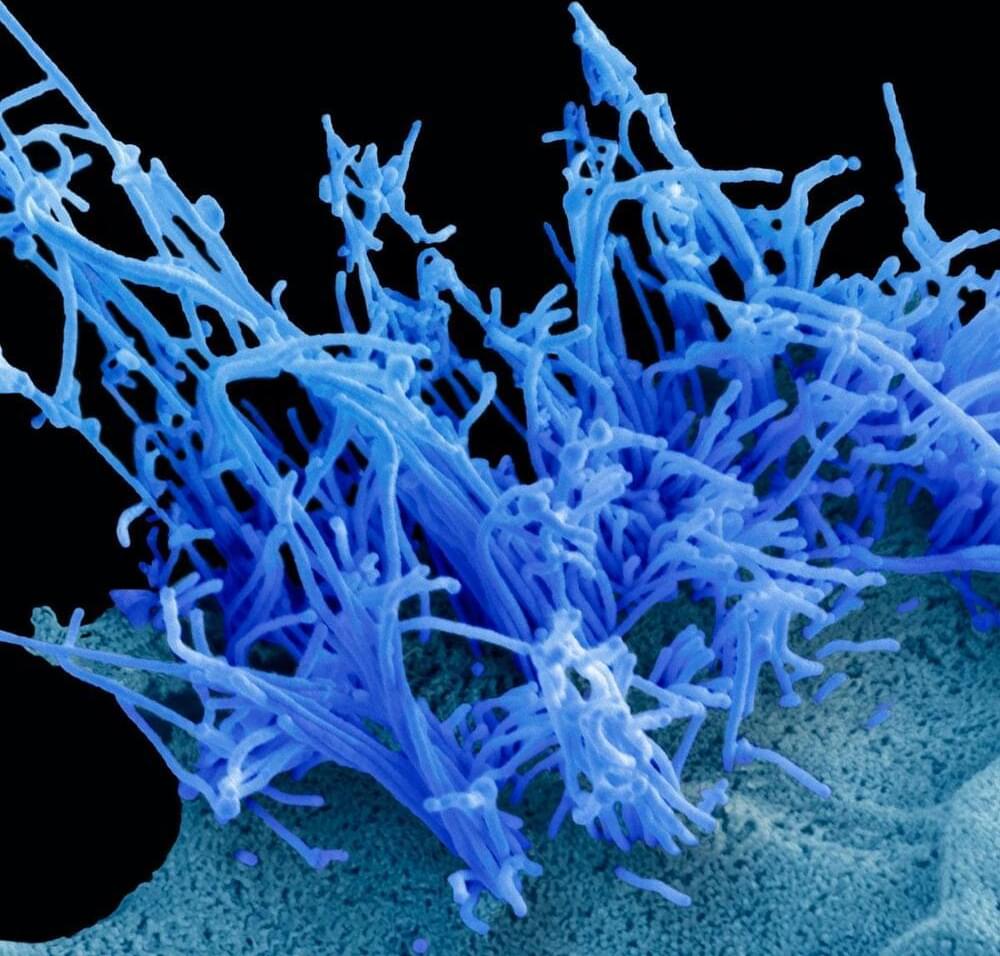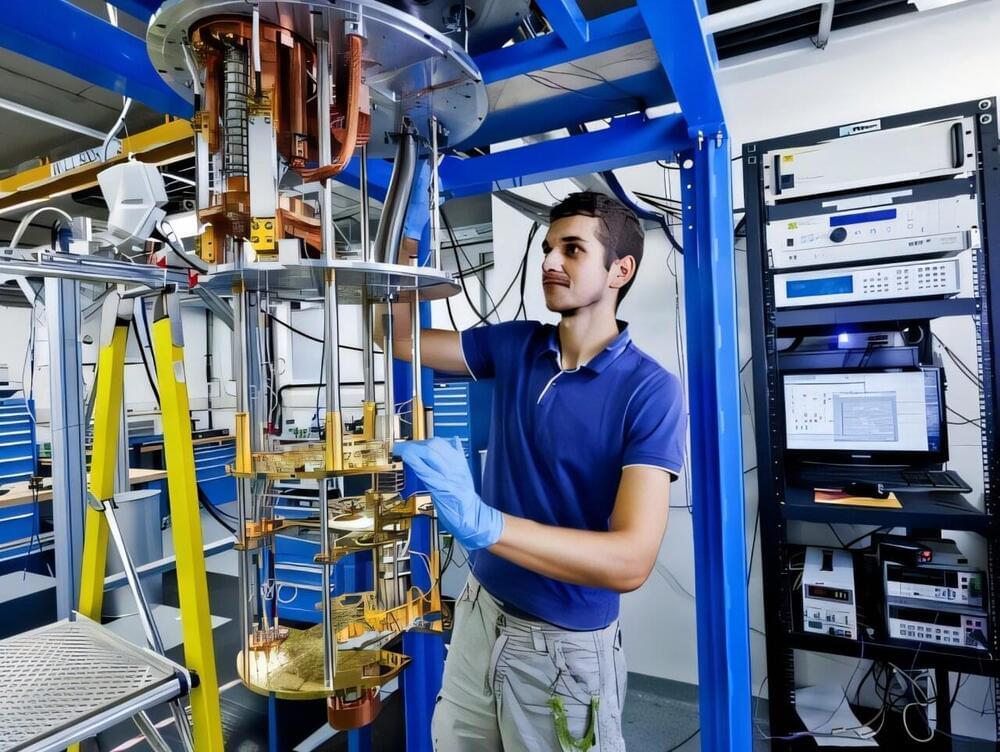See how elliptical galaxies in the distant universe were born, as new research gives astronomers a closer look at galactic collisions and star formation.



A new study finds tweaking part of the H5N1 virus infecting dairy cows in a single spot could allow it to better attach to human cell receptors, raising concerns it could transmit more easily between people.
Scientists have discovered that H5N1, the strain of highly pathogenic avian influenza virus currently spreading in U.S. dairy cows, only needs a single mutation to readily latch on to human cells found in the upper airway. The findings, published today in Science, illustrate a potential one-step path for the virus to become more effective at human transmission—and could have major implications for a new pandemic if such a mutation were to become widespread in nature.

Guest Editors: Prof. Robert Mannel, MD, University of Oklahoma HSC Prof. Judith Campisi, PhD, Buck Institute for Research on Aging Prof. Balazs Gyorffy, MD, PhD, Semmelweis University Prof. Anna Csiszar, MD, PhD, University of Oklahoma HSC Prof. Peter Bai, PhD, University of Debrecen.
The field of geroscience, focusing on the biology of aging, has revealed fascinating insights into the intricate relationship between aging and cancer. As the incidence of numerous cancer types exponentially increases with advancing age, understanding the cellular and molecular mechanisms underlying aging becomes crucial in deciphering the genesis and progression of cancer. We invite researchers to submit papers that shed light on specific mechanisms of aging that play pivotal roles in the development and progression of cancer, serve as targets for cancer treatments and contribute to the side effects of cancer therapies. Additionally, we are also interested in exploring the potential of aging-related biomarkers, including gene expression profiles associated with aging processes, as predictors of cancer survival.

📢New in GeroScience by Springer Nature.
Senescence cell signature associated with poor prognosis, epithelial–mesenchymalion, solid histology, and spread through air spaces in lung adenocarcinoma by Young Wha Koh, Jae-Ho Han, Seokjin Haam & Hyun Woo Lee.
Cellular senescence is involved in critical processes in tumor progression. Despite this potential relationship, the relationship between tumor cell senescence, prognostic significance, spread through air spaces (STAS), and tumor histology has not been investigated in lung adenocarcinoma (LUAD). We used the LUAD PanCancer Atlas dataset to assess senescence cell signature (SCS) based on the SenMayo gene set. We examined the relationship between SCS, prognostic significance, STAS, and tumor histology. This relationship was confirmed in independent LUAD datasets by validation using immunohistochemical senescence markers. In the LUAD PanCancer Atlas dataset, patients with high SCS expression had a higher prevalence of solid histology and STAS patterns than those with low SCS expression.


An interdisciplinary collaboration between condensed-matter, quantum-optics and particle physicists has the potential to crack the search for low-mass dark matter. The proposed quantum detector builds on EQUS studies of elementary excitations in superfluid helium and advances in opto-mechanics.
Led by EQUS Research Fellow Dr. Chris Baker (UQ), study proposes direct detection of low-mass dark matter via its interactions with superfluid helium confined in an optomechanical cavity.
“Optomechanical dark matter instrument for direct detection” was published in Physical Review D in August 2024.
OpenAI used to say that artificial general intelligence would change everything. Not anymore.

